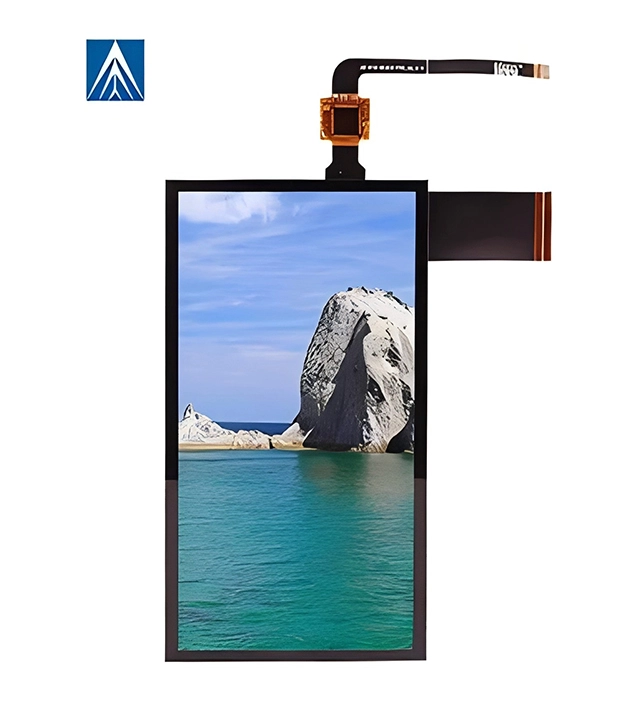LCD (Liquid Crystal Display) is a photoelectric technology display device that uses liquid crystal materials, and is widely used in various electronic devices such as TVs, computer monitors, smartphones, and tablets.
LCD displays work in the following ways:
The liquid crystal material is located between two transparent electrodes
Applying a voltage changes the arrangement of liquid crystal molecules
Liquid crystal molecules control the amount of backlight or ambient light that passes
Combine color filters to produce color images
1. TN (Twisted Nematic) LCD
The most traditional and lowest-cost type
The response time is fast, but the viewing angle is narrow
The color performance is average
2. IPS (In-Plane Switching) LCD
Provides a wider viewing angle (up to 178 degrees)
Color reproduction is more accurate
It is commonly used in high-end monitors and smartphones
3. VA (Vertical Alignment) liquid crystal
The contrast ratio is high, and the blacks perform well
The viewing angle is between TN and IPS
It is often used in TV products
Backlight system: Provide light source (CCFL or LED)
Polarizer: Controls the direction of polarization of light
Liquid crystal layer: Adjusts the amount of light passing through
Color Filter: Produces RGB primary colors
Drive circuit: Controls the voltage of each pixel
Thin and lightweight
Lower power consumption (compared to CRT)
Flicker-free
No radiation
High resolution
Limited viewing angles (especially TN panels)
Response time can cause motion blur
Blacks don't perform as well as OLED
Backlighting is required, which affects the contrast
TV and home theater systems
Computer monitors
Smartphones and tablets
Automotive dashboards and navigation systems
Industrial controls and medical equipment
Digital signage and billboards
With the advancement of technology, LCD technology is still evolving, and improved technologies such as quantum dot LCD and Mini-LED backlight have emerged to further improve display performance.
